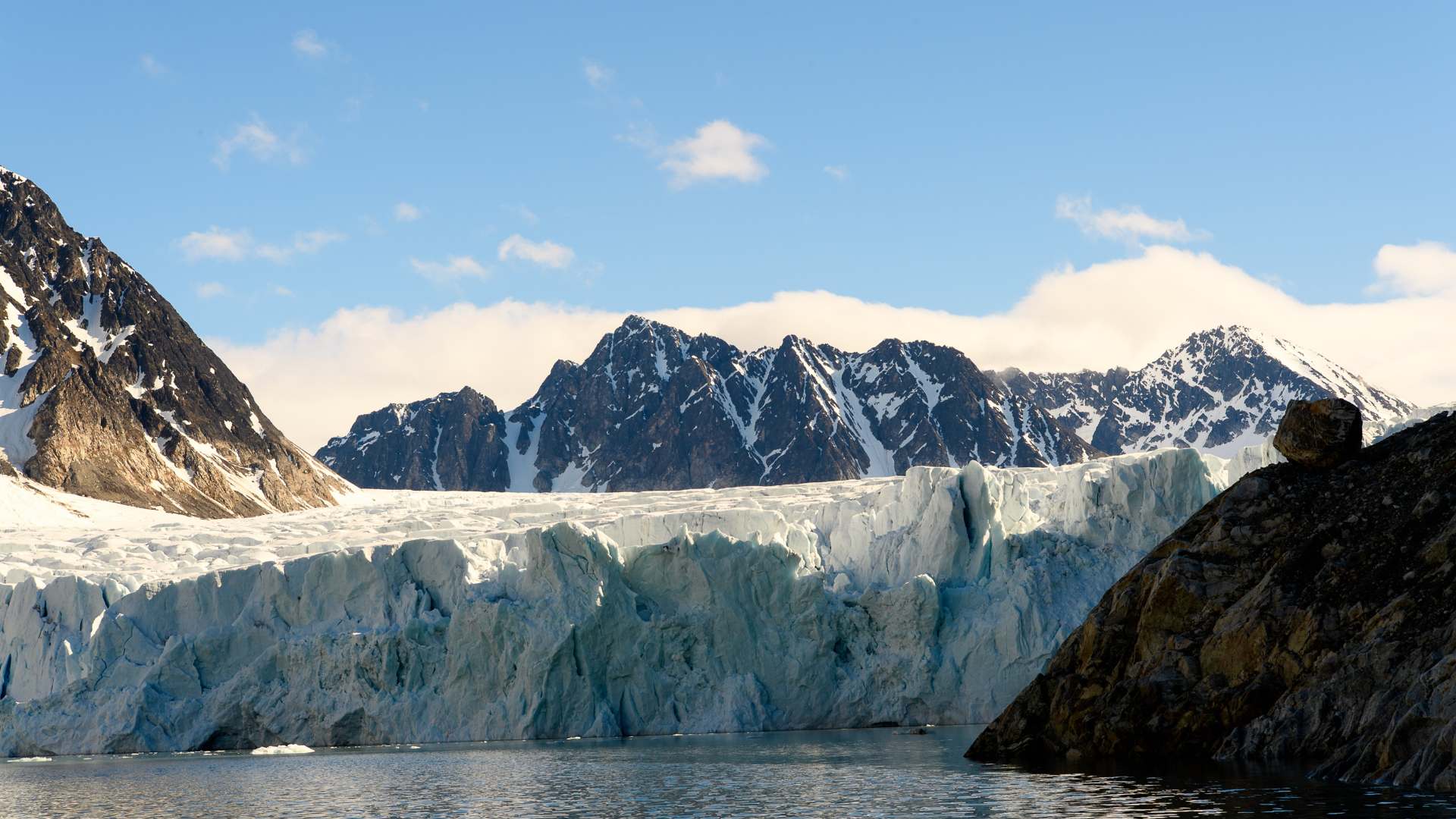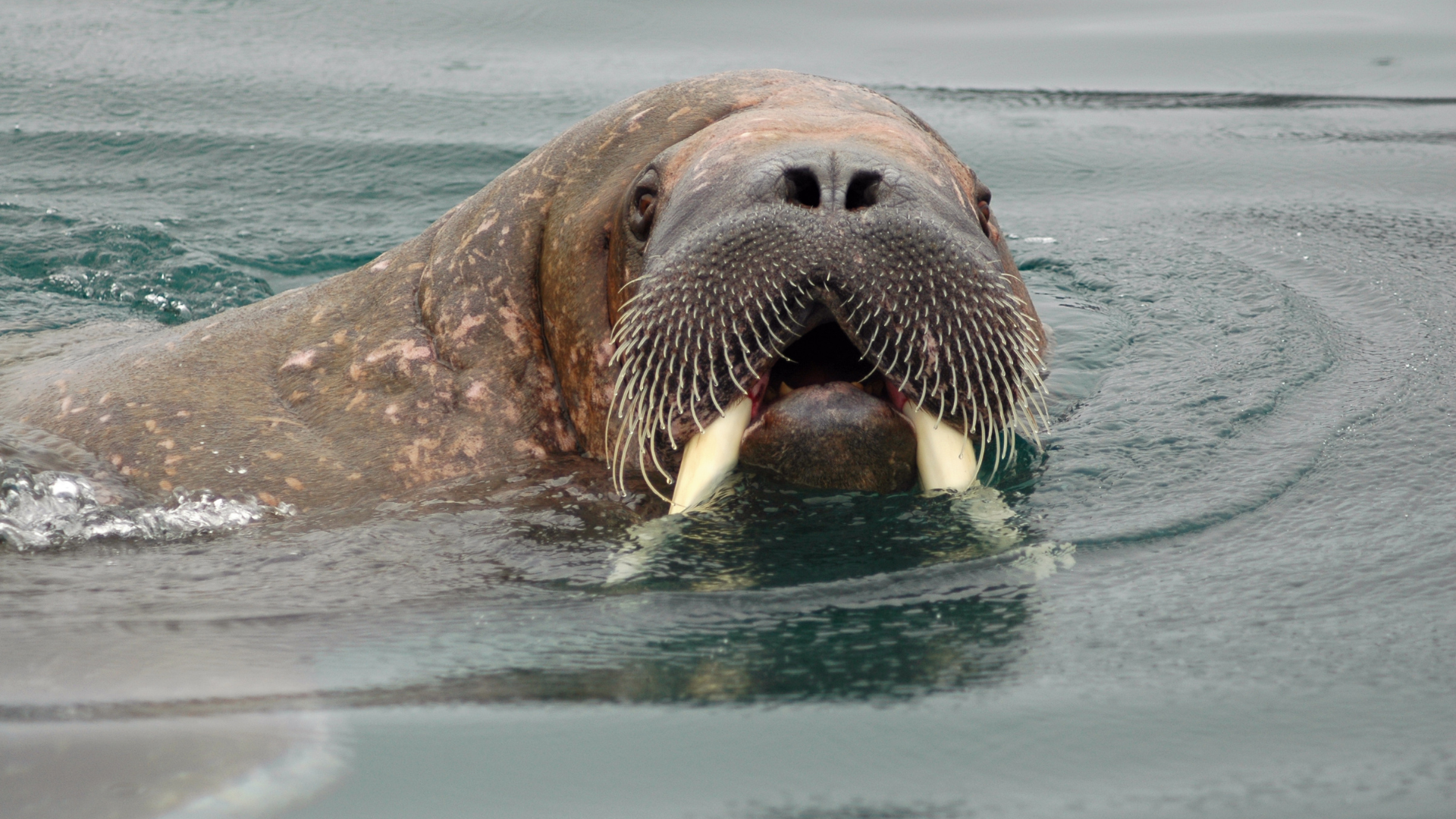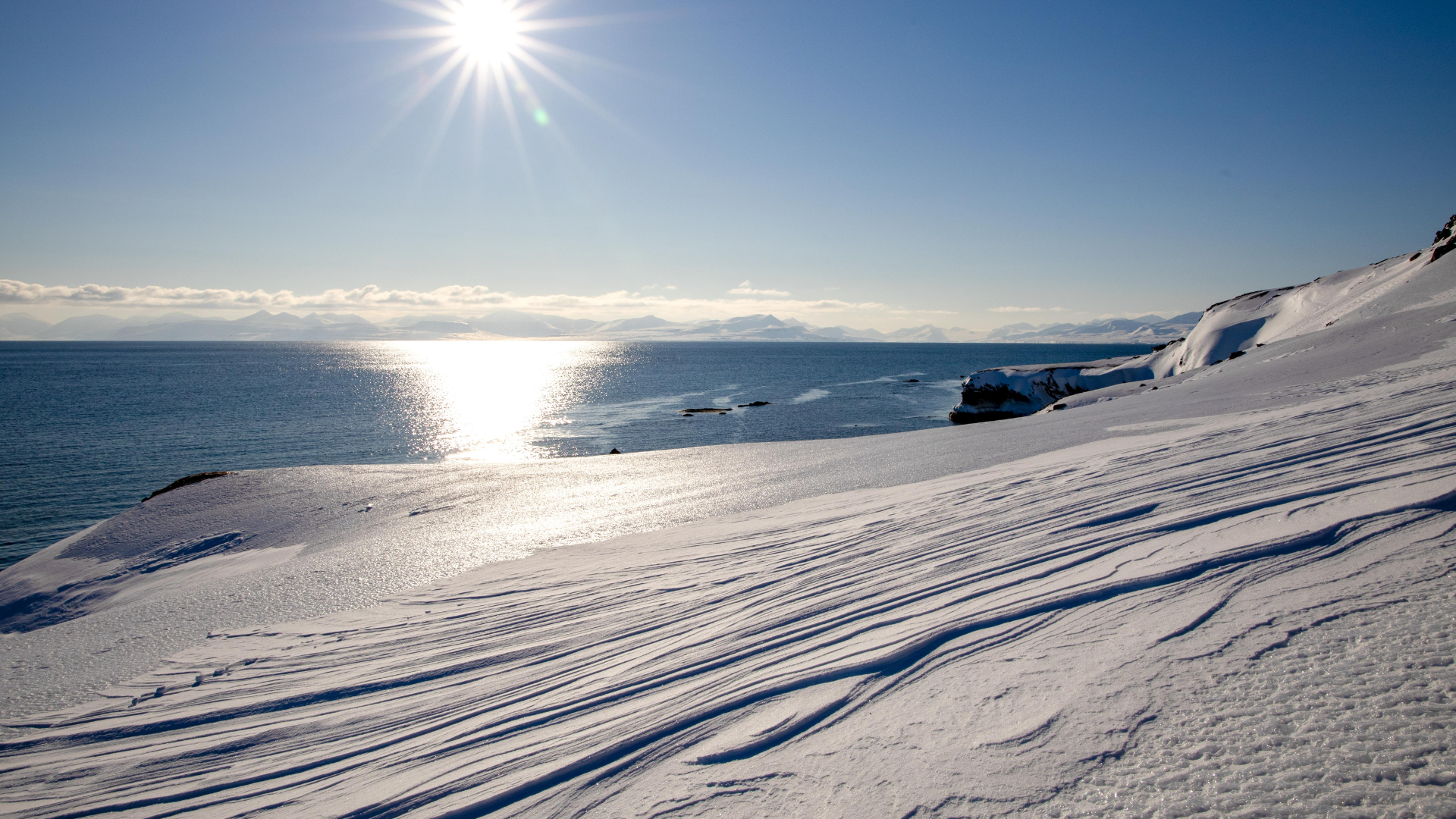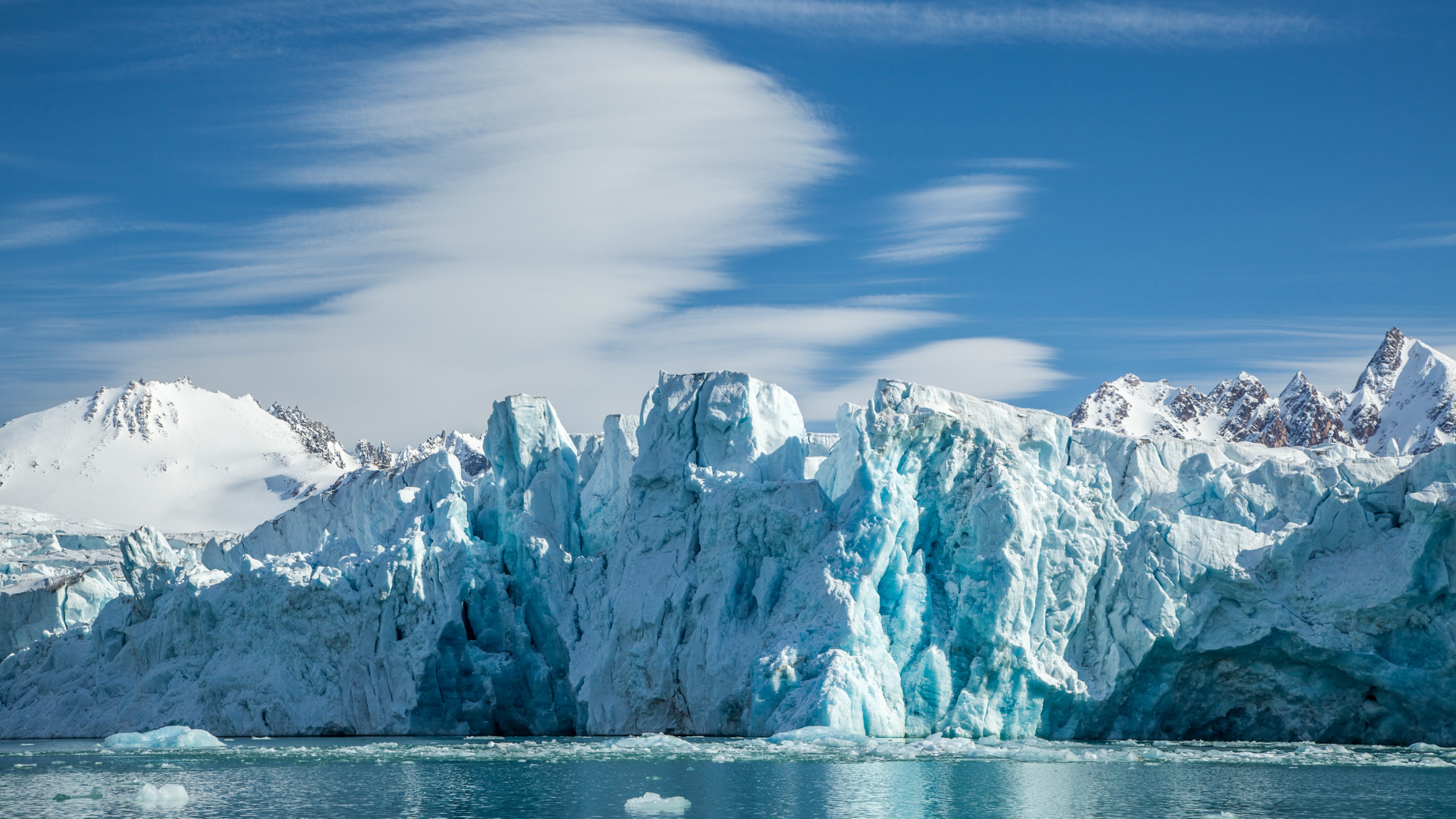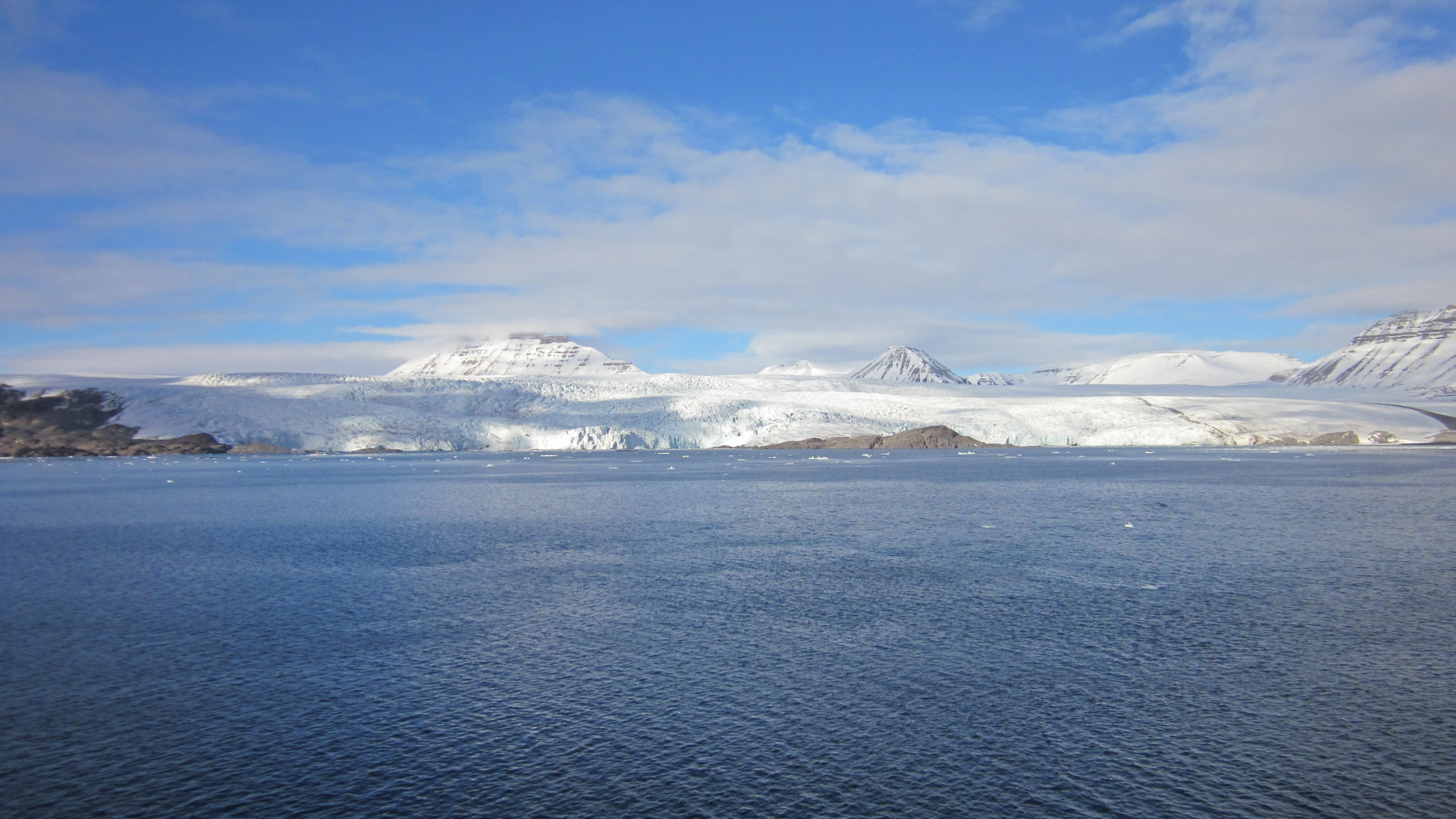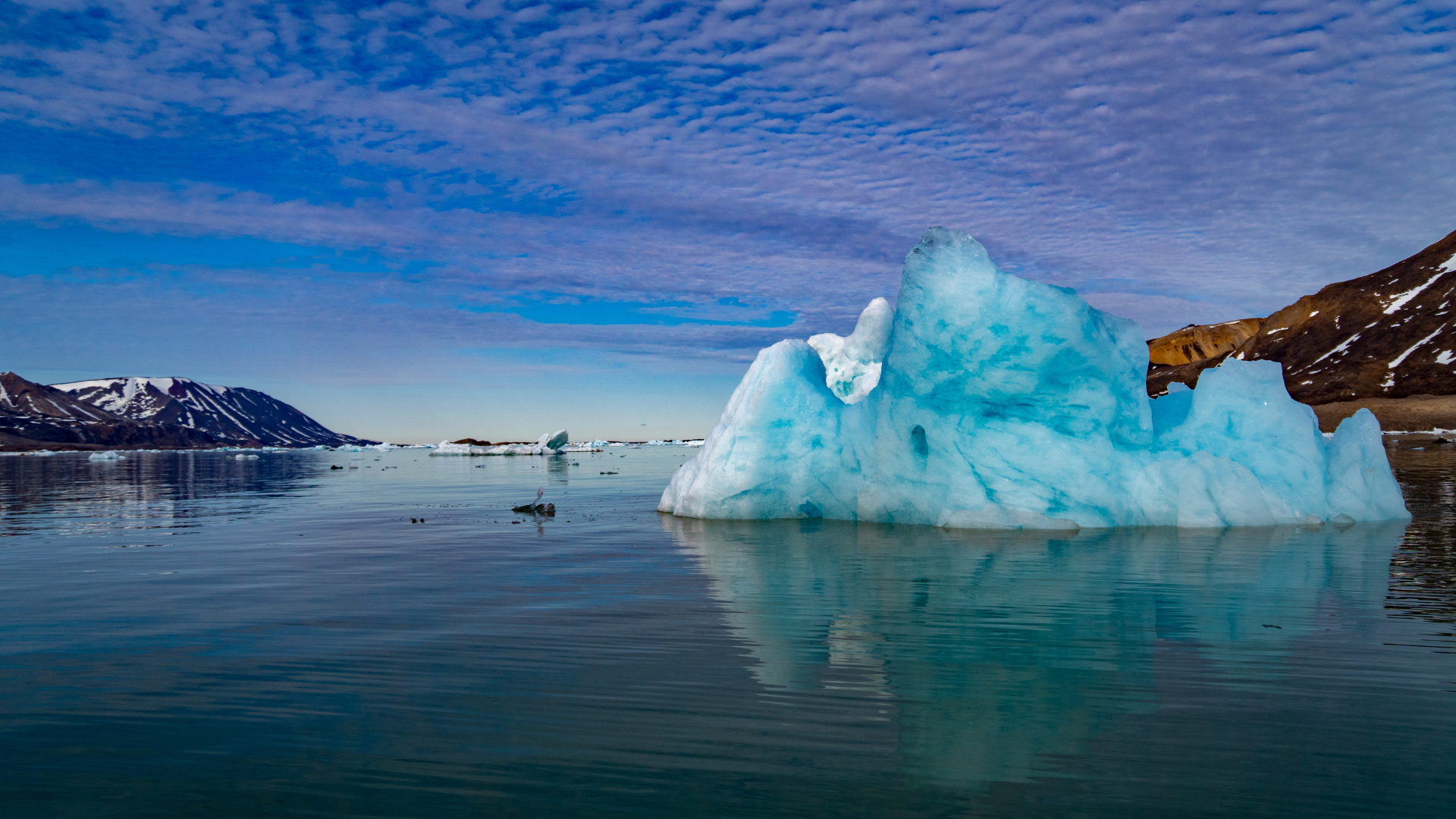Svalbard and Russia: A Relationship Across the Arctic Waters
Svalbard and Russia: A Relationship Across the Arctic Waters
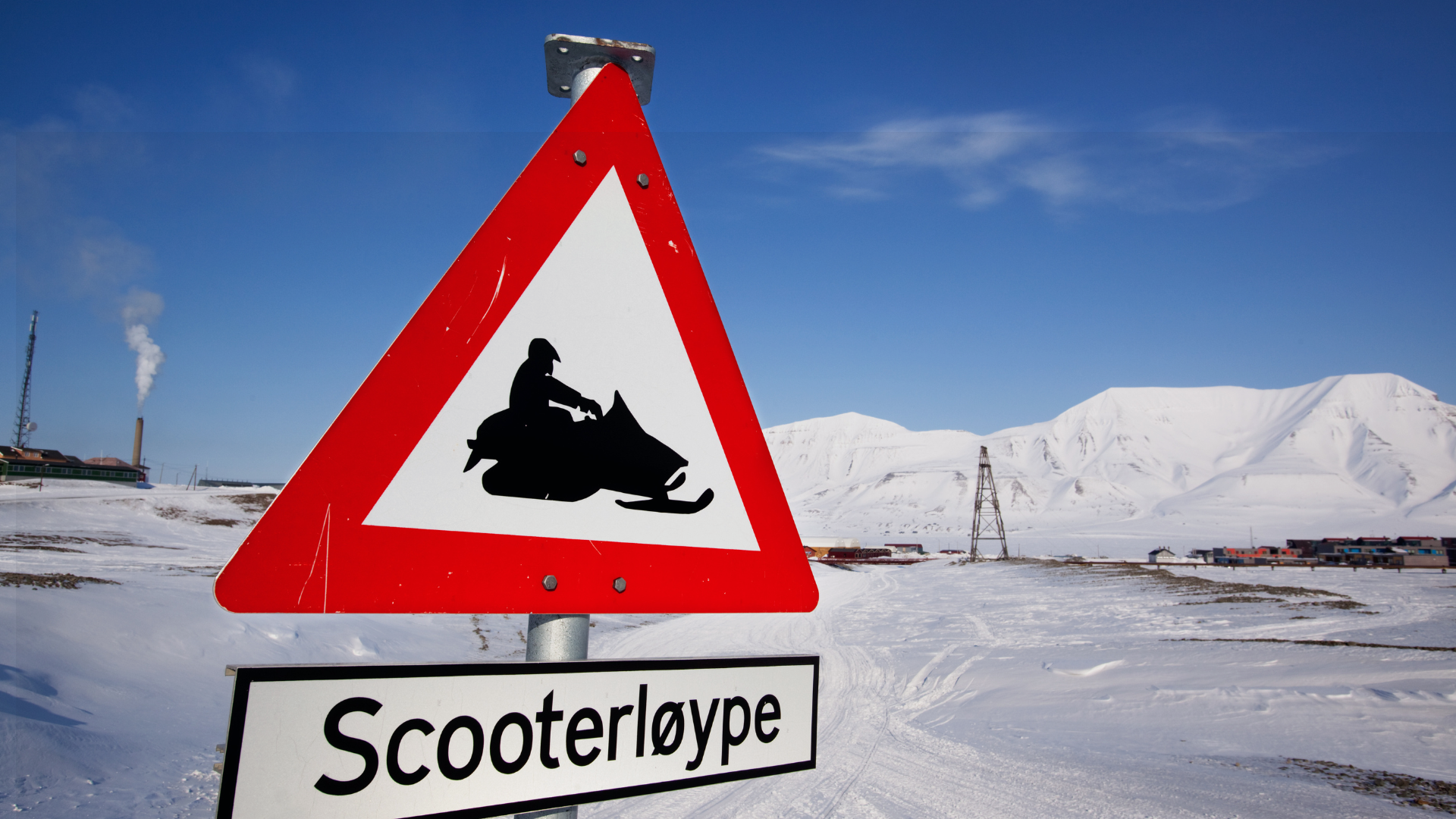
Located in the Arctic Ocean, Svalbard and Russia share a unique relationship that spans centuries of exploration, exploitation, and cooperation. Despite their geographical proximity and historical connections, these two polar regions exhibit distinct cultures, governance structures, and geopolitical dynamics, shaping their interactions and collaborations in the modern era.
Historical Exploration: The history of Svalbard and Russia is intertwined with the legacy of Arctic exploration. Russian explorers, including Pomors and Cossacks, were among the first to venture into the icy waters of the Arctic, seeking new trade routes and resources. In the 17th and 18th centuries, Russian expeditions mapped the northern coastlines of Siberia and established settlements along the shores of the Arctic Ocean, laying the foundation for Russia's enduring presence in the region.
Svalbard: A Norwegian Territory: Svalbard, on the other hand, has been under Norwegian sovereignty since the 1920 Svalbard Treaty, which granted Norway full sovereignty over the archipelago while recognizing the rights of other treaty signatories to engage in commercial activities. Despite its status as a Norwegian territory, Svalbard is home to a diverse international community, with residents from over 50 countries living and working on the islands.
Shared Arctic Challenges: Despite their differences in governance and jurisdiction, Svalbard and Russia face common challenges in the Arctic, including climate change, environmental degradation, and resource exploitation. As temperatures rise and ice melts, both regions are experiencing rapid changes in their ecosystems, impacting wildlife, indigenous communities, and traditional ways of life. By working together to address these shared challenges, Svalbard and Russia can promote sustainable development and conservation in the Arctic.
Scientific Collaboration: One area of cooperation between Svalbard and Russia is scientific research in the Arctic. Both regions host research stations and scientific expeditions that study a wide range of topics, including climate change, glaciology, marine biology, and polar ecology. Collaborative projects between Norwegian and Russian scientists contribute valuable data and insights into the dynamics of the Arctic environment, helping to inform policy decisions and conservation efforts.
Maritime Transportation: Another area of interaction between Svalbard and Russia is maritime transportation in the Arctic Ocean. Svalbard's strategic location along key shipping routes, such as the Northern Sea Route, makes it a gateway to the Arctic for vessels traveling between Europe and Asia. Russian ships often pass through Svalbard's waters on their way to and from Arctic ports, highlighting the importance of cooperation and coordination in ensuring safe and sustainable maritime transportation in the region.
Resource Management: The issue of resource management is a complex and sensitive topic in the Arctic, where competing interests vie for access to valuable natural resources such as oil, gas, and minerals. Svalbard and Russia both have significant reserves of these resources, which are increasingly accessible as the Arctic ice melts. Effective management of these resources requires careful planning, environmental assessment, and consideration of the long-term impacts on ecosystems and local communities.
Arctic Governance: The governance of the Arctic is governed by a complex web of international agreements, treaties, and conventions, including the United Nations Convention on the Law of the Sea (UNCLOS) and the Arctic Council. Svalbard's unique status as a demilitarized zone and its inclusion in the Svalbard Treaty exemplify the challenges and opportunities of Arctic governance, where cooperation and collaboration are essential for addressing shared challenges and promoting sustainable development.
Looking to the Future: As the Arctic continues to undergo rapid change, the relationship between Svalbard and Russia will play an increasingly important role in shaping the future of the region. By fostering dialogue, cooperation, and mutual understanding, Svalbard and Russia can work together to address the challenges and opportunities of Arctic development, ensuring that the Arctic remains a region of peace, cooperation, and environmental stewardship for generations to come.
